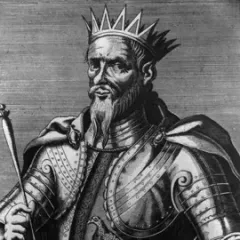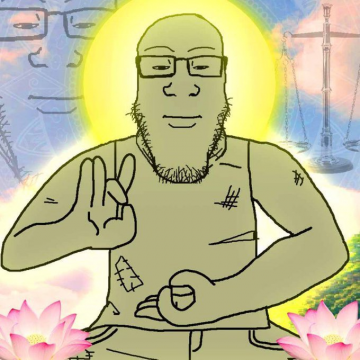-
Posts
2159 -
Joined
-
Last visited
-
-
to all the people posting status updates (majority of those always complaining about safety)
guy's unbanned, i reached out to him and explained the situation
i'm overly cautious with TOS banned players who may be alting
i connected the dots incorrectly, talked to 60, and he's unbanned now
i get that i still live in your head rent free but move on

































